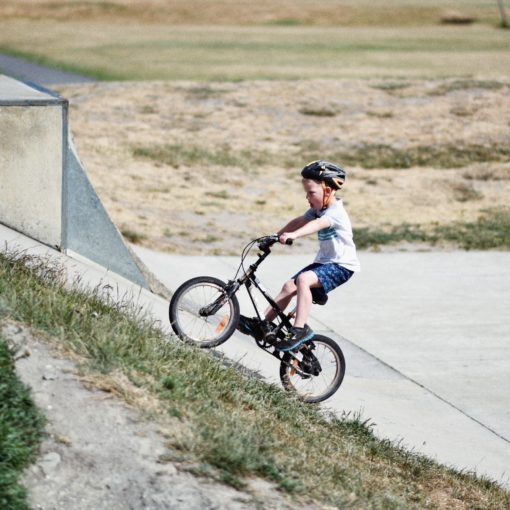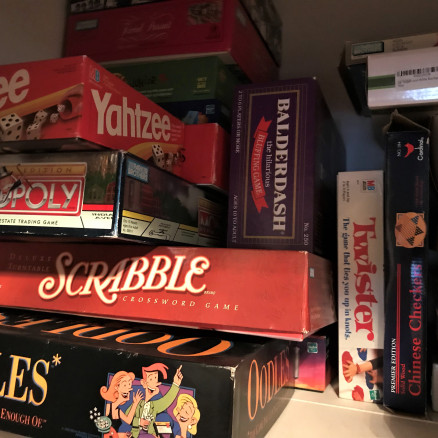Lately, I have been thinking about the concept of personal responsibility. Personal responsibility is the acceptance of standards that society sets for individual behavior and our efforts to live by those standards. Conversely, it also means when someone fails to meet the expected standards, they do not look for external factors to blame such as family, peers, government or society at large. All of us fail at one time or another. Failure helps us learn and grow. We seem to increasingly live in a world where when something goes awry, it is always someone else’s fault. Certainly, our family and other external factors contribute to who we are and the decisions we make. Many people experience difficulties, significant challenges and tragedy in life and are still able to see and accept how they may have contributed to a situation negatively. Others are not, playing the blame game instead. Whether it is a relationship failure, a poor grade or a miscommunication, why is it so difficult to own our part of the situation?
Accepting that you have made a mistake or hurt someone means that you have to make yourself vulnerable. Feeling vulnerable can be very uncomfortable. Often, the response to a mistake or failure is shame based. Shame is not about accountability. Shame is about causing emotional pain for an individual. Typically, shame leads to avoidance and disconnection from others because, after all, don’t we ALL want to avoid pain? Accountability is more closely associated with the feeling of guilt. When we respond to mistakes or failure by communicating feelings of disappointment or hurt, seeing the behavior not the person as the problem, we create guilt. Guilt is more likely to evoke a sense of personal responsibility in others and therefore an impetus to change.
How can we raise children who embrace rather then shirk personal responsibility?
- Demonstrate personal responsibility in your daily actions and words. Children are sponges. They are always watching. If you demonstrate accountability in situations, it is more likely your children will too. We can’t expect our children to face difficult situations if we are unwilling to face them ourselves.
- Discipline should evoke guilt, not shame. Shame means “I am wrong”. Guilt means “I did something wrong”. This is a subtle but very important difference. When one is able to talk about what they did wrong, it allows the person to be vulnerable and build a connection with others. We want to not disappoint again versus feeling like we can’t do anything but disappoint.
- Hold children accountable for their actions. Sometimes the best way to protect your child is to let them suffer the consequences of their actions. Often, I hear parents making all kinds of excuses for a poor decision their child made. While we need to take external factors into account, it is important to help your child look at other options that could have been selected for a different end result.
- Consider the concept of restitution. How can your child correct the mistake through compensation of time, money, heartfelt apology or other means?
The next time you have the desire to protect yourself or someone you love from a difficult situation or feelings, I challenge you to encourage honest self-reflection and acceptance of accountability.
“The willingness to accept responsibility for one’s own life is the source from which self-respect springs.” – Joan Didion



